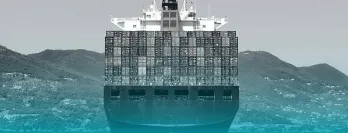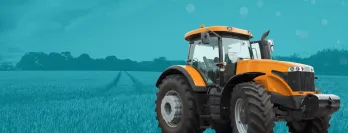
Article
News
25/5/2023
It’s a Bumper Season for UK Farmers
Why does the farming sector need support? Since Brexit, farmers in the UK have faced challenges by trade deals, documentation requirements and workforce availability. Products of animal origin have been sold under-value to European buyers because of border delays affecting freshness, and an …

Article
News
14/11/2019
EU Council agrees on a modernized framework for excise goods
What Are Excise Goods? Excise goods are goods containing alcohol, tobacco products, and mineral oil. When you import, sell or use excisable goods in the EU you have to pay excise duty. Since 2008 the EU member states have harmonized the excise duties within the EU, although there still are some …
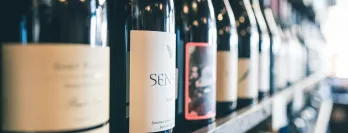
Article
News
23/1/2023
Meet Our People: Adam Grimshaw
Who are you? I’m Adam Grimshaw, the compliance manager for the UK. I’m based in Felixstowe, and have been with this office for two years now, starting at UK Customs Solutions before the acquisition in 2021. What does a compliance officer do? I make sure that our declarants are following company …

Article
News
4/7/2023
Red, white, and export: why the US is an attractive market for UK food exporters
1: Your food trade has potential in the US The United States of America is an attractive market for your UK food products because of it’s large, affluent, and diverse population – that mostly speaks English. Partnered with ease of access via sea, a well-developed inland road infrastructure, and low …

Article
News
13/4/2023
IUU Catch Certificates
Why do you need an IUU Catch Certificate? An Illegal, Unreported, and Unregulated (IUU) Catch Certificate is a document that is provided to health authorities to confirm the shipment is legal and safe to import. In the UK, an IUUCC must be presented to the Department for Environment, Food, and …

Article
News
20/6/2023
New Import Rules for Plant Products, Animals and Animal Products
To import plant products, live animals or animal products from the European Union (EU) and European Free Trade Association (EFTA) states into Great Britain, you will need to follow the Target Operating Model (TOM) risk categories. The TOM categorises these imports into high risk, medium risk, or …

Article
News
26/9/2022
New Food Labelling Requirements Delayed Until January 2024
The new rules, which were due to come into effect on the 1st of October 2022, will now be required from 1st January 2024. This is so that importers have more time to gain clarity on their obligations. But what are these new regulations, and what should you do now they are delayed? Find out in this …
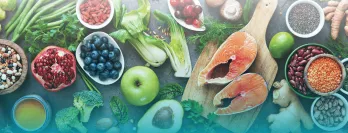
Article
News
24/1/2024
The Fresh Food Industry & Customs
What are the challenges of international fresh food supply? Health is the number one priority when it comes to fresh food. We, as consumers, need to know that the food we buy isn’t going to make us unwell. Any problems that arise also need to be traceable so that potential epidemics can be locked …
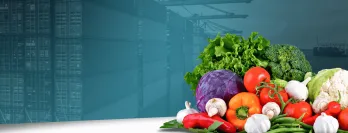
Article
News
25/9/2023
Customs and Crustaceans
Why customs needs to be different for lobsters and other live shellfish When importing dead fish, you are required to present an IUU catch certificate during the import clearance process so that you can prove the catch is legal. This is because illegal fishing wreaks havoc on local communities, …

Article
News
10/9/2019
Incoterms explained: Carriage Paid To (CPT)
Risks and costs for the seller The seller is responsible for arranging and paying for transport to the buyer's appointed carrier, and for obtaining all necessary export documentation. Once the goods have arrived at the first carrier, the risk is transferred to the buyer. This may be the sea or air …
